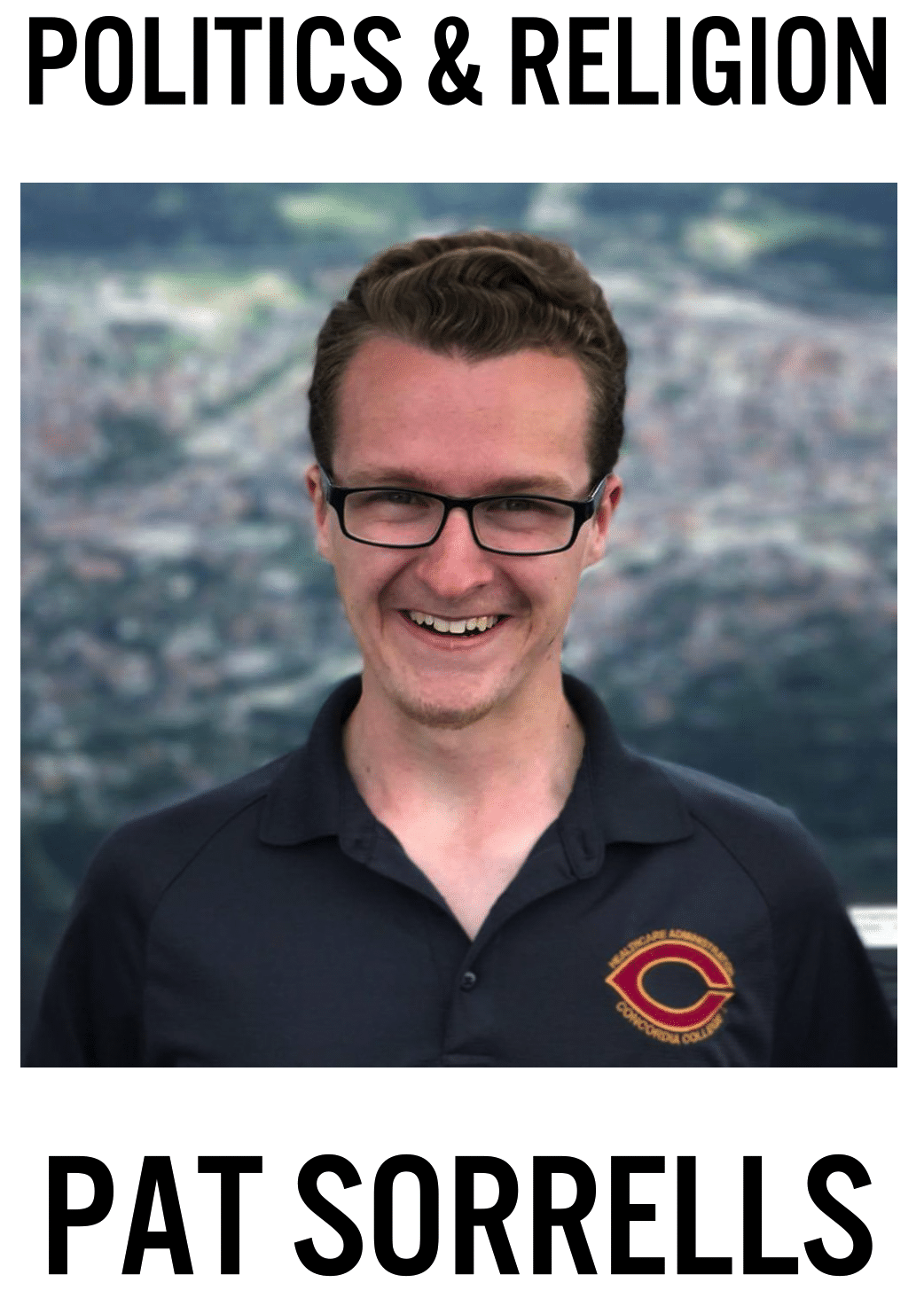 Generalizations hurt everyone. Intellectually, they hurt those making the generalization since the person is not exercising their mind enough to see the nuances that exist within a given area. They also hurt those who are the subject of the generalization, for they are unfairly lobbed into a category that they might not fit into. Some generalizations can be completely wrong. Below, I outline a couple common political generalizations that have had drastic consequences on campus of continued polarization of the political spectrum.
Generalizations hurt everyone. Intellectually, they hurt those making the generalization since the person is not exercising their mind enough to see the nuances that exist within a given area. They also hurt those who are the subject of the generalization, for they are unfairly lobbed into a category that they might not fit into. Some generalizations can be completely wrong. Below, I outline a couple common political generalizations that have had drastic consequences on campus of continued polarization of the political spectrum.
When someone says they are a conservative who supports President Trump, all too often on campus it is wrongly inferred that they are somehow complicit with the racist, sexist, and bigoted language used by President Trump during the presidential campaign. It is then implied that they, themselves, are racist, sexist, and bigoted. This inference is completely and utterly false. First, conservatives are totally not okay with that kind of rhetoric; no sane person would be. The conservative vote for Trump was more of a vote against Hillary Clinton, a vote to change the status quo, and a vote for conservatism as a whole. Second, I have not met a single conservative in my life, on campus or off, who is outwardly or inwardly any one of those things. And third, being a conservative has absolutely nothing to do with those things and everything to do with basic conservative principles that include, but are not limited to, a limited government, a strong military, lower taxes, and increased freedoms. In believing in these principles, conservatives like myself support legislation and candidates who exude that kind of philosophy, like President Trump. We do so because we believe those are the right ways to fix society’s problems and make the US a better place to live and not because we are somehow too uneducated, traditionalistic, and ignorant of “the facts.” As the saying goes, there are always two sides to every coin.
I know that not all liberals on campus generalize conservatives into the made-up box previously stated above. I have met many intelligent and understanding liberals on campus who I love talking politics with. No matter how heated it may get, we still remain friends. But nonetheless, the atmosphere on campus remains pungent with the smell of intolerance by none other than the self-proclaimed tolerant. This intolerance was manifested in the intense critique of President Craft’s email regarding the “It’s okay to be white” posters. It was manifested in the ever-so-tense public forum that was held on campus in reaction to the posters. It was also manifested in the insidious speculation that the conservative group on campus was responsible for hanging the posters, when in reality, we had nothing to do with the posters whatsoever.
This intolerance is conjured up in reaction to language that has offended, or is perceived to be offensive to other people. Having been offended, people demand that said offensive language should be banned from use. The problem is that there are a multitude of people on this earth who have many different ideas on where the line should be drawn when it comes to what is and is not offensive language. Some view the attempt at drawing the line to define and ban offensive language, or hate speech, as an infringement on citizens’ first amendment right to freedom of speech. I personally don’t see much of a problem with defining and banning hate speech if we successfully identify objectively offensive language, which does exist. But, I have two problems with defining hate speech on campus. One, I do not have enough faith in Concordia’s administration to successfully identify objectively offensive language. The grey area is so big and the political climate so polarized that this would be very hard to accomplish. And two, after we let hate speech be banned, it opens the door to letting the prevailing governing body potentially ban other, more acceptable, kinds of speech it deems unacceptable. That action would be a direct violation of our first amendment rights and should be deemed unconstitutional.
On the other hand, conservatives are also guilty of generalizing liberals into the box of being easily offended, socialism-loving, Hillary-adoring snowflakes. We have a tendency to assume that liberals base all of their ideas and beliefs on feelings rather than well thought-out, logical principles. This could not be further from the truth, either. Liberalism is far more complicated and well thought-out to be written off in some unfair generalization. I confess, I have been guilty of this on a number of occasions. It is very easy to fall into this trap of generalizing people for the sake of arguments. This is something that I am working to change in myself and change in those conservatives around me. There are two sides to every argument that, if expressed effectively, should cause both sides to stop and think about why they believe what they believe.
Instead of making generalizations about each other, people need to realize that we are all more than just a liberal or a conservative. Human beings are too complicated, diverse, and unique to be unfairly labeled as solely a member of one of the two major political parties in the US. If I have made any unfair generalizations within this article of which you disagree with, I am free to have a coffee with you at any time to discuss them in person. I strive to be as fair and equitable as possible. Conservatives and liberals alike are loving, caring, and compassionate people who deserve to be understood as individuals and not in reference to an arbitrary dichotomy. Get to know and love your neighbors for who they are as people before believing some anecdotal generalization about them.


Thank you for writing this and please continue to share the message that we may have different ideas, but making stereotypical generalizations only polarize us as a nation even further apart. United We Stand Divided We Part